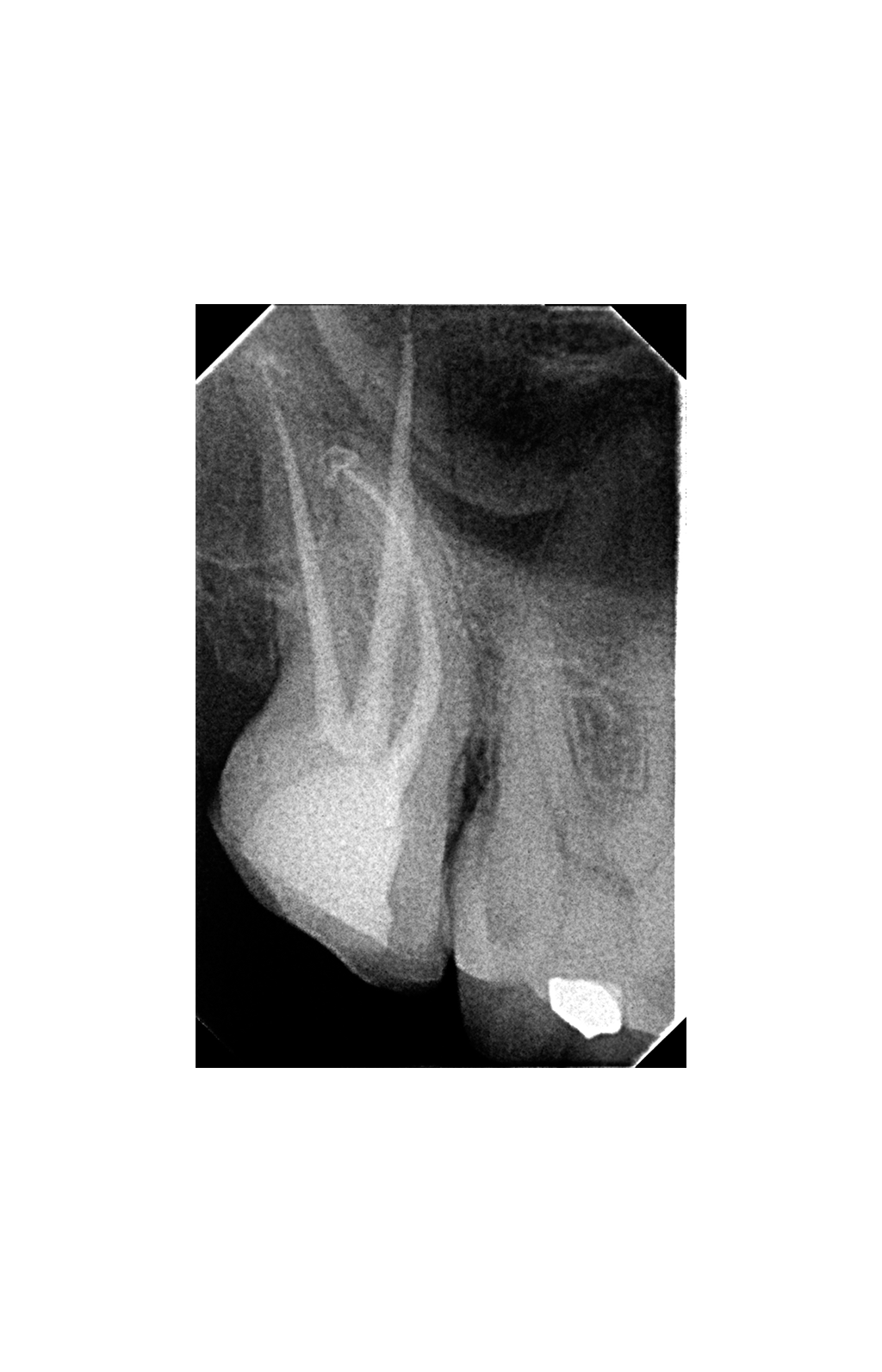Treatment of dental canals - Endodontics

Each tooth has a kind of cavity filled with blood vessels and nerves, which we call a pulp cavity, and in the roots we call root canals. In some cases, tooth pulp may die. This is most often due to deep tooth decay that has not been detected and treated in time.




However, tooth breakage or other mechanical or thermal trauma can also cause tooth pulp death. Around the affected root or roots of the dead tooth, a so-called “pouch”, a chronic infectious deposit in the bone, often develops. The pouch may not show any symptoms for a long time, although it is still a strong immune burden on the body, but at the most inopportune moment it usually erupts into acute inflammation with significant pain, pus formation, periocular inflammation, swelling of the face, neck and sometimes ends in life-threatening periorbital inflammation. Without a thorough X-ray examination, it is almost impossible to diagnose dead teeth, let alone treat them. Treatment of a dead tooth with a sac in the aforementioned advanced and neglected state is often very quick – it needs to be extracted. In the best case, we follow the principles of endodontics in the treatment. Under local anaesthesia, we consistently isolate the tooth to be treated from the surrounding oral cavity, most often using a cofferdam, especially from saliva, which is full of bacteria that must not get inside the tooth at any cost. Then all root canals must be found, thoroughly cleaned with special endodontic instruments, disinfected and then hermetically filled. Root canals are most often found using an operating microscope, otherwise the dentist works essentially blind due to the miniature size of the canals. The result of the work needs to be checked apexlocators and radiologically.
After endodontic treatment, the tooth is mechanically weakened, so we usually recommend to provide the biting part of the tooth with a ceramic crown, inlay, onlay or even a bridge to protect it from possible breakage.
After a good endodontic treatment, a dental pouch usually heals itself within a few months, because without the source of infection, which was the root canals and the pulp cavity, the organism can eliminate the pouch on its own.

